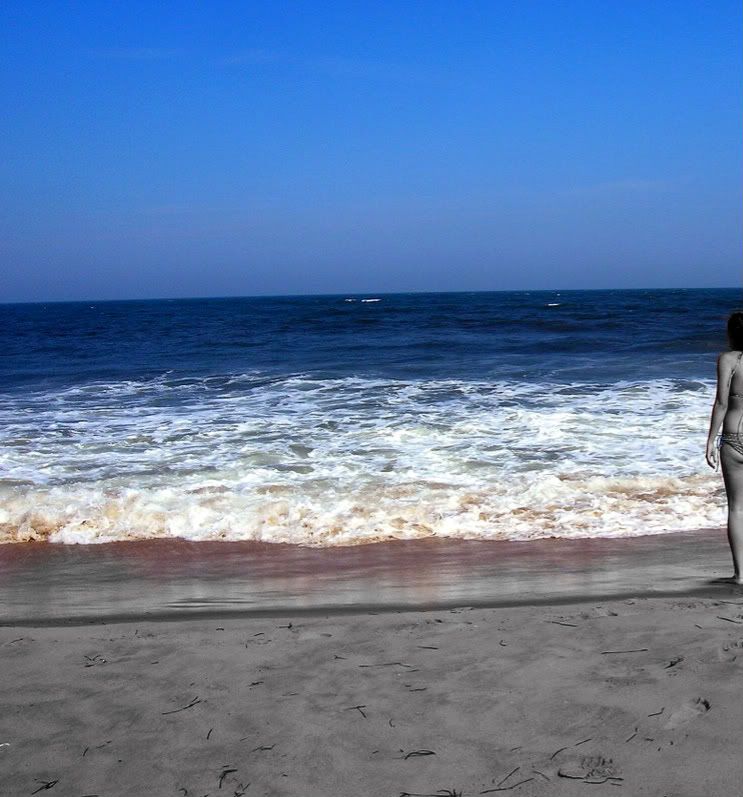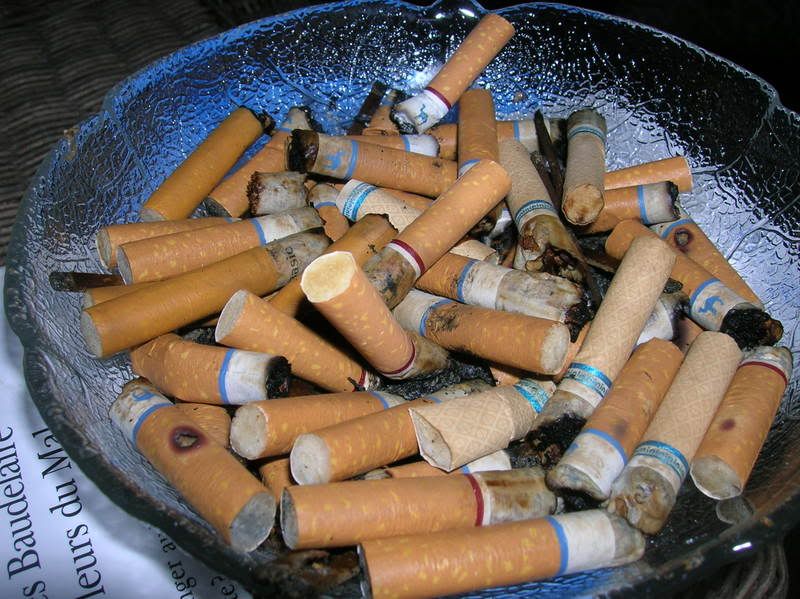I just posted a moment ago but I have a few more poems to put up before I fall really, really behind.
The Beacons
Rubens, river of oblivion, garden of idleness,
Pillow of cool flesh where one is not able to love,
But where life flows and stirs itself without cease,
Like the air in the sky and the sea in the sea;
Leonardo da Vinci, deep and somber mirror
Where the charming angels, with the sweet smiles
All full of mystery, appear to the ghost
Of the glaciers and the pines that close their lands.
Rembrandt, sad hospital all busy with murmurs,
And decorated only by a great crucifix,
Where tearful prayers exhale themselves from filth
And a wintry ray crosses curtly;
Michelangelo, muddled place where one sees Hercules
Mixing themselves with Christs, and rising straight
The mighty phantoms who in the twilights
Tear their shroud by stretching their fingers;
Boxer’s wrath, faun’s insolence,
You who knew to gather beauty from blackguards,
Great swollen heart of pride, frail and sallow man,
Puget, melancholy emperor of galley slaves;
Watteau, that carnival where goodness of famous hearts,
Like butterflies, wandering radiant,
Chilly patterns and weightless light through the chandeliers
Pour madness onto this whirling dance;
Goya, nightmare fraught with unknown things,
Fetuses one burns at the witches’ Sabbaths,
Old women at the mirror and children wholly nude,
Adjusting their stockings well to tempt the demons;
Delacroix, lake of blood haunted by evil angels,
Shadowed by a wood of firs always green,
Where, beneath the desolate sky, strange fanfares
Pass, like a smothered sigh from Weber;
These curses, these blasphemies, these complaints,
These ecstasies, these cries, these tears, these hymns,
Are an echo repeated by a thousand labyrinths;
It is divine opium for mortal hearts!
It is a cry repeated by a thousand sentinels,
An order sent back by a thousand megaphones;
It is a beacon lit over a thousand citadels,
A call from lost hunters in the great woods!
Because it is truly, Lord, the best evidence
That we are able to give from our dignity,
That this ardent sobbing furled from age to age
And comes to die on the edge of your eternity!
Les Phares
Rubens, fleuve d'oubli, jardin de la paresse,
Oreiller de chair fraîche où l'on ne peut aimer,
Mais où la vie afflue et s'agite sans cesse,
Comme l'air dans le ciel et la mer dans la mer;
Léonard de Vinci, miroir profond et sombre,
Où des anges charmants, avec un doux souris
Tout chargé de mystère, apparaissent à l'ombre
Des glaciers et des pins qui ferment leur pays;
Rembrandt, triste hôpital tout rempli de murmures,
Et d'un grand crucifix décoré seulement,
Où la prière en pleurs s'exhale des ordures,
Et d'un rayon d'hiver traversé brusquement;
Michel-Ange, lieu vague où l'on voit des Hercules
Se mêler à des Christs, et se lever tout droits
Des fantômes puissants qui dans les crépuscules
Déchirent leur suaire en étirant leurs doigts;
Colères de boxeur, impudences de faune,
Toi qui sus ramasser la beauté des goujats,
Grand coeur gonflé d'orgueil, homme débile et jaune,
Puget, mélancolique empereur des forçats;
Watteau, ce carnaval où bien des coeurs illustres,
Comme des papillons, errent en flamboyant,
Décors frais et légers éclairés par des lustres
Qui versent la folie à ce bal tournoyant;
Goya, cauchemar plein de choses inconnues,
De foetus qu'on fait cuire au milieu des sabbats,
De vieilles au miroir et d'enfants toutes nues,
Pour tenter les démons ajustant bien leurs bas;
Delacroix, lac de sang hanté des mauvais anges,
Ombragé par un bois de sapins toujours vert,
Où, sous un ciel chagrin, des fanfares étranges
Passent, comme un soupir étouffé de Weber;
Ces malédictions, ces blasphèmes, ces plaintes,
Ces extases, ces cris, ces pleurs, ces Te Deum,
Sont un écho redit par mille labyrinthes;
C'est pour les coeurs mortels un divin opium!
C'est un cri répété par mille sentinelles,
Un ordre renvoyé par mille porte-voix;
C'est un phare allumé sur mille citadelles,
Un appel de chasseurs perdus dans les grands bois!
Car c'est vraiment, Seigneur, le meilleur témoignage
Que nous puissions donner de notre dignité
Que cet ardent sanglot qui roule d'âge en âge
Et vient mourir au bord de votre éternité!







